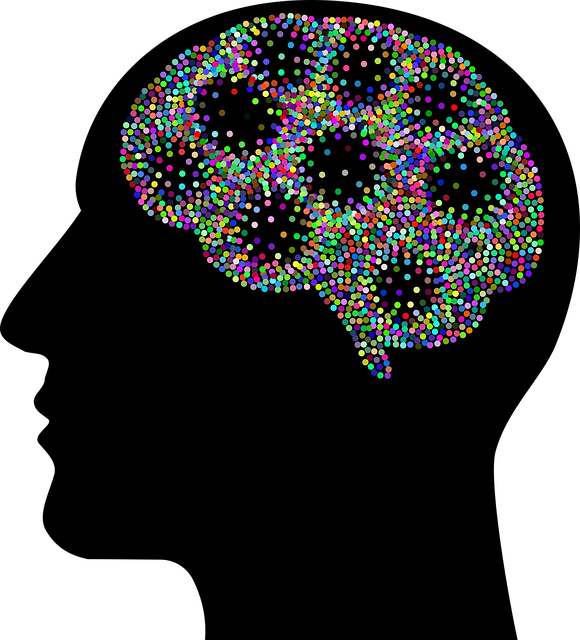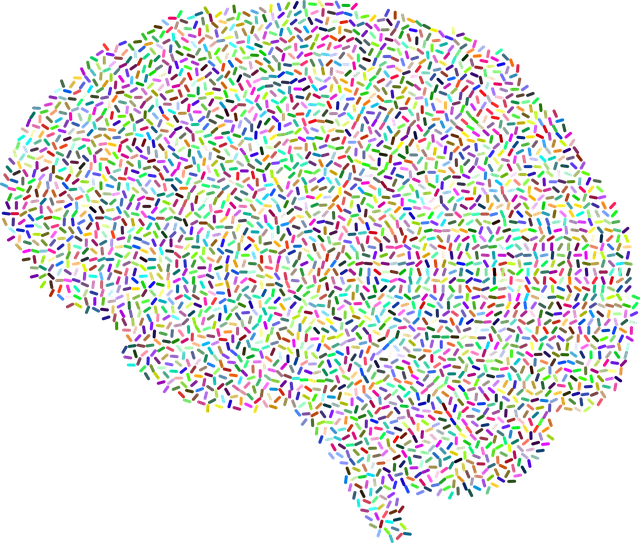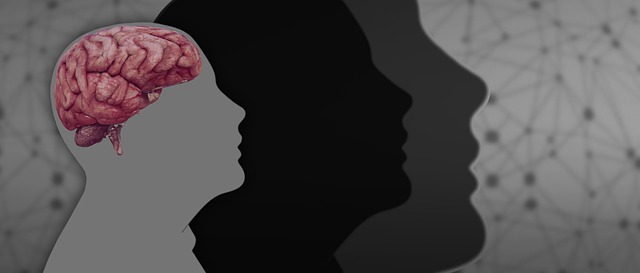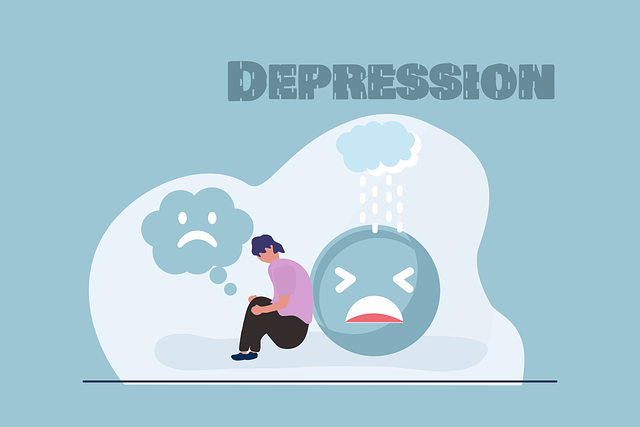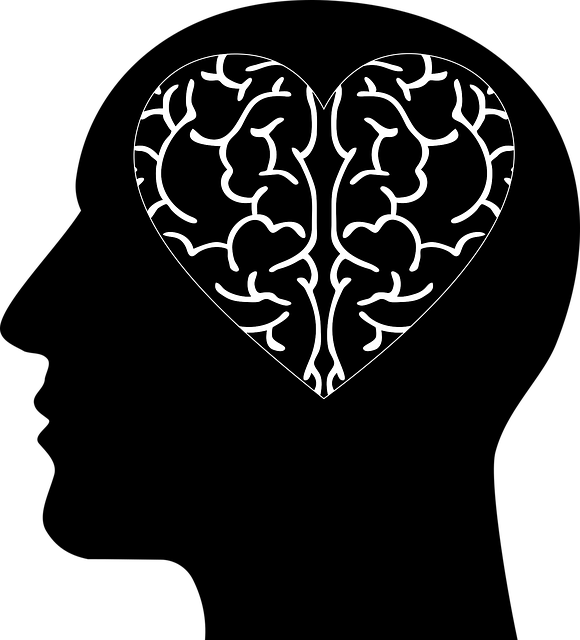Longmont Dissociative Disorder Therapy offers cutting-edge, personalized care for individuals struggling with dissociative disorders. By integrating advanced techniques like cognitive reframing, exposure therapy, and EMDR, therapists enable patients to manage key symptoms, process traumatic memories effectively, and adopt positive thinking strategies. Specialized services include safe trauma processing, conflict resolution, and educational programs enhancing self-awareness. Recent advancements in assessment tools, combined with Mind Over Matter principles, ensure accurate diagnoses and tailored interventions, revolutionizing mental health care for dissociative disorders in Longmont and beyond.
Mental illness diagnosis accuracy is a vital area of focus in healthcare, especially for complex conditions like dissociative disorder. This article explores various efforts to enhance diagnostic capabilities, from understanding the unique symptoms and challenges associated with dissociative disorder to innovative treatment methods offered by centers like Longmont. We delve into recent advancements in mental health assessment tools, emphasize the role of professional training and education, and highlight patient-centered care strategies for improved diagnosis and support.
- Understanding Dissociative Disorder: Symptoms and Challenges in Diagnosis
- Longmont's Approach to Dissociative Disorder Therapy: Innovative Treatment Methods
- Enhancing Diagnostic Tools: Recent Advancements in Mental Health Assessment
- Training and Education: Equipping Professionals for Accurate Dissociative Disorder Identification
- Patient-Centered Care: Individualized Strategies for Better Diagnosis and Support
Understanding Dissociative Disorder: Symptoms and Challenges in Diagnosis

Dissociative Disorder (DD) is a complex mental health condition that often goes undiagnosed or misconstrued due to its unique presentation. The key symptoms include severe memory gaps, a distorted sense of identity, and detachment from reality—all of which can be challenging to assess accurately. Patients may experience episodes of depersonalization, where they feel detached from their bodies, or derealization, perceiving the world as unreal. These symptoms can lead to confusion during diagnostic evaluations, especially in cases where traumatic events are involved.
Longmont Dissociative Disorder Therapy focuses on helping individuals recognize and manage these symptoms through tailored treatment plans. By integrating Trauma Support Services, therapists facilitate a safe space for patients to process their experiences. Additionally, teaching Conflict Resolution Techniques enables clients to navigate internal conflicts and external challenges more effectively. Mental Health Education Programs Design plays a crucial role in empowering patients to understand their disorder, thereby fostering self-awareness and encouraging proactive participation in therapy.
Longmont's Approach to Dissociative Disorder Therapy: Innovative Treatment Methods

In addressing Dissociative Disorder, Longmont has pioneered an innovative approach to therapy that goes beyond traditional methods. This unique strategy integrates various cutting-edge techniques designed to enhance emotional healing processes and promote holistic emotional well-being. By focusing on cognitive reframing, exposure therapy, and eye movement desensitization and reprocessing (EMDR), Longmont’s dissociative disorder therapy aims to help individuals regain a sense of control over their lives. These methods not only facilitate the processing of traumatic memories but also encourage positive thinking and emotional regulation strategies.
The innovative treatment programs at Longmont are meticulously designed to cater to each patient’s unique needs, ensuring that the emotional well-being promotion techniques are tailored for optimal effectiveness. This personalized approach has shown significant improvements in diagnosis accuracy, leading to more effective long-term management of dissociative disorders. Through these advanced interventions, Longmont is revolutionizing the mental health landscape, offering hope and healing to those struggling with this complex condition.
Enhancing Diagnostic Tools: Recent Advancements in Mental Health Assessment

Mental health professionals are continually striving to improve diagnosis accuracy, particularly for complex conditions like dissociative disorders. Recent advancements in mental health assessment tools have played a significant role in this effort. One notable progress is the integration of innovative techniques, such as structured clinical interviews and evidence-based assessment scales, which enhance reliability and validity. These tools help clinicians gather more detailed information, enabling them to make precise diagnoses even in cases with overlapping symptoms.
For instance, Longmont dissociative disorder therapy benefits from these advancements, as specialized assessment protocols can distinguish dissociation from other mental health conditions like depression. The Mind Over Matter principles, coupled with effective risk management planning for mental health professionals, further strengthen diagnostic practices. By combining clinical expertise with evidence-based tools, healthcare providers can minimize misdiagnosis rates and tailor interventions accordingly, ultimately enhancing patient outcomes in Longmont and beyond.
Training and Education: Equipping Professionals for Accurate Dissociative Disorder Identification

Mental health professionals play a pivotal role in accurately identifying dissociative disorders, which often requires specialized training and education. This is particularly important in regions like Longmont where access to dissociative disorder therapy services can vary. Through ongoing professional development programs, therapists gain a deeper understanding of the complex nature of these conditions. These programs focus on enhancing diagnostic skills, teaching evidence-based treatment approaches, and fostering empathy for clients experiencing dissociative symptoms.
Equipping practitioners with the right tools is essential to combat burnout prevention and promote effective stress reduction methods. By integrating mind over matter principles into their practices, therapists can improve their ability to recognize subtle indicators of dissociation. Such efforts contribute to more precise diagnoses and personalized treatment plans, ultimately enhancing patient outcomes in Longmont dissociative disorder therapy settings.
Patient-Centered Care: Individualized Strategies for Better Diagnosis and Support

In recent years, the mental health field has been focusing on a patient-centered approach to care, which involves tailoring treatment strategies to individual patients’ unique needs and experiences. This method is particularly beneficial for diagnosing and supporting individuals with complex conditions like dissociative disorder, as it allows for a more nuanced understanding of their symptoms. By prioritizing patient-centric care, mental health professionals in Longmont can offer personalized Dissociative Disorder Therapy that considers each patient’s emotional well-being promotion techniques and risk management planning. This approach not only enhances diagnosis accuracy but also fosters better engagement and adherence to treatment plans.
The benefits extend beyond improved diagnosis; this strategy empowers patients to actively participate in their mental health journeys. By encouraging open communication, professionals can uncover the root causes of dissociative symptoms, often linked to traumatic events or severe stress. Through individualized care, patients are equipped with coping mechanisms that support positive thinking and emotional resilience, ensuring they receive holistic support tailored specifically for them.
Mental illness diagnosis accuracy, particularly for complex conditions like dissociative disorder, has seen significant advancements. By combining innovative therapy methods, such as those offered by Longmont’s approach, with enhanced diagnostic tools and comprehensive training, professionals are better equipped to identify and support individuals affected. Patient-centered care, tailored to unique needs, ensures that accurate diagnosis is just the beginning of a journey towards holistic healing and improved quality of life. These efforts collectively contribute to a more effective mental health landscape.



